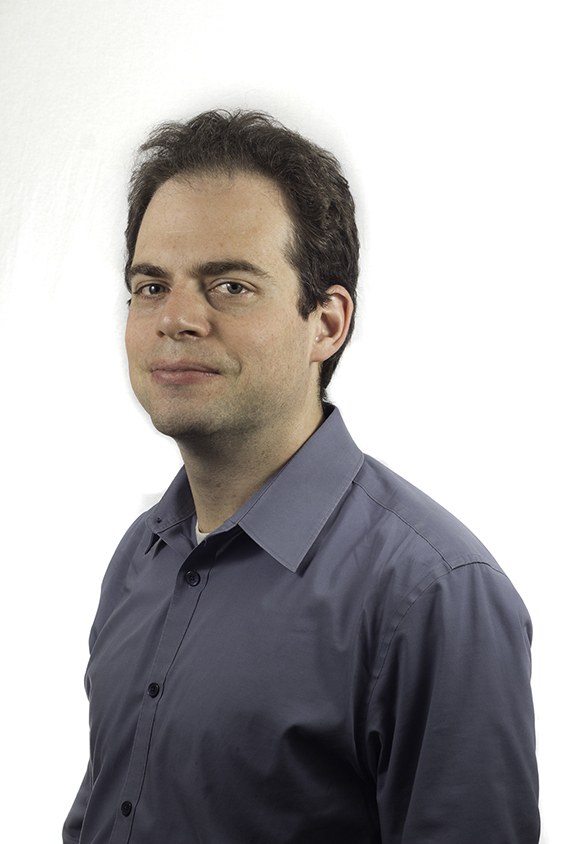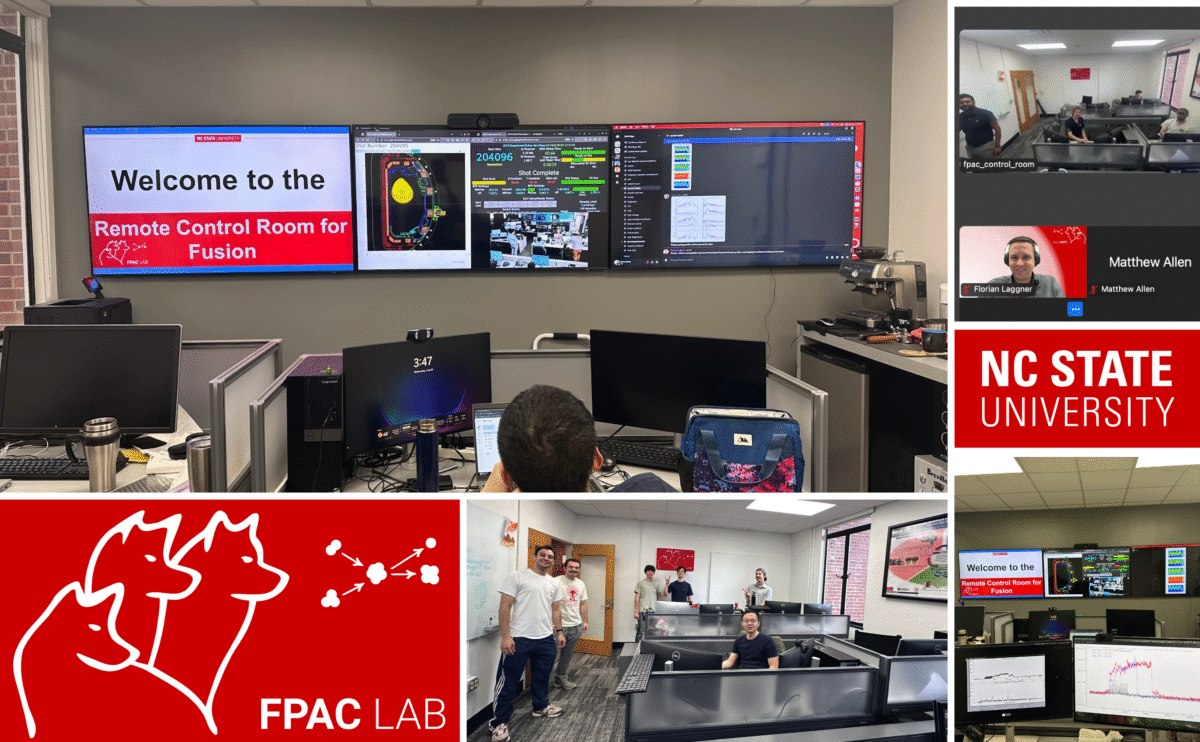Biomedical engineering researchers target glioblastoma recurrence

Glioblastoma is one of the most aggressive forms of cancer, affecting the brain and spine and often recurring despite treatment. With funding from the North Carolina Translational and Clinical Sciences (NC TraCS) Institute, a team of researchers at NC State’s and UNC-Chapel Hill’s Joint Department of Biomedical Engineering gathered crucial preliminary data about glioblastoma recurrence, enabling further research.
The NC TraCS Institute is a NIH grant funded institute based out of University of North Carolina at Chapel Hill’s School of Medicine and partners with NC State, North Carolina Agricultural and Technical State University and RTI International. NC TraCS offers targeted, comprehensive and interdisciplinary solutions to investigators in the area of clinical and translational science. Biomedical engineering assistant professor Yevgeny Brudno, based at NC State, and professor Paul Dayton, based at UNC-Chapel Hill, conducted the study “Targeting Glioblastoma Recurrence through Focused Ultrasound-Enabled Refillable Drug Depots.”
“Funding from NC TraCS has been crucial to getting this exciting collaboration up and running,” Brudno said. “When we started, we had what we thought was a promising idea, but needed financial support to make it a reality. Funding from NC TraCS allowed us to get the first steps together — put together a team and start collecting preliminary data.”
And working alongside biomedical and clinical experts at UNC changed how the researchers approached problems. While one drug seemed to have potential from chemical and engineering perspectives, it wasn’t promising for the clinical problem of fighting glioblastoma.
Brudno said the research TraCS allowed his team to accomplish paved the way for follow-on funding. The team now has grants from the UNC Lineberger Comprehensive Cancer Center and the National Institutes of Health.
This post was originally published in Office of Research and Innovation.
- Categories:



